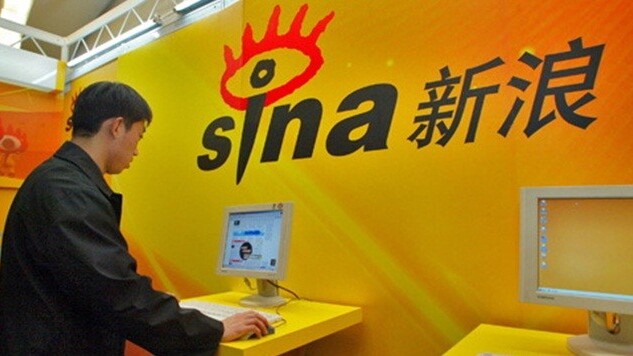
The man in change of Sina Weibo’s ‘rumor control’ team has lifted the lid on how the company polices messages from its 250 million to stop the spread of false information on the Chinese microblogging service.
Tan Chao, who is director of rumor control for Sina, told China Daily that the company has a 10 person strong staff which maintains a 24 hour watch over China’s most popular Twitter-like service. The rumor team’s role is particularly key given the government’s latest crackdown on the country’s social media site, and Chao explains more.
The job is vital, as we want to protect the truth and maintain an unpolluted Web. There is a lot of information on Weibo, much of it eye-catching, which means it attracts a lot of people. Yet users are not always good at judging what is true and what is false. They can be easily misled.
A significant number of the team, whose average age is 28, are recruited from media roles where they have been editors or senior journalists, a fact that, according Chao, makes them well suited to the demands of finding and verifying news quickly.
Having a good news sense was an important factor when we were hiring. The work needs people to be keen-eyed and good communicators.
Part of the verification process may involve making phone calls and enquiries, in much the same way a member of the media follows and checks up on leads. The team does not rely solely on manual search as a computer system aids their efforts, although Chao did not reveal specific details of it.
The care that Sina takes over content on its service is quite unlike western social networks like Twitter and Facebook. While the latter does clamp down on pages on its service that break its basic terms and conditions — such as being racist, sexist, abusive or insulting — it does not actively police individual users’ updates bar those than spam.
Twitter is much the same, and its openness was recently shown when its CEO Dick Costalo labelled the company “the free-speech wing of the free-speech party”. Though the two companies are constantly linked with moves into China, where both are blocked by the government — to the frustration of Twitter co-founder Jack Dorsey, although Facebook’s Zuckerberg is more relaxed — it is difficult to imagine either site employing a rumor control team to satisfy Chinese authorities.
Sina users that post false rumours can expect their content to be deleted and a warning issues however, in some cases, its hand appears to be forced by the government.
For example, Sina recently deleted the Weibo account belonging to Ai Weiwei after a campaign to raise funds to pay his $2.3 million tax bill became the most talked about topic on the service. It also blocked search terms as it worked to cut out all mention of the campaign, which flies in the face of the Chinese government’s attempts to silence and control one of its most vocal critics.
Though much of the Sina rumor control team’s job is likely to be dispelling false news and information, there is a whole other side to what it does that is not told in the China Daily article.
Get the TNW newsletter
Get the most important tech news in your inbox each week.




